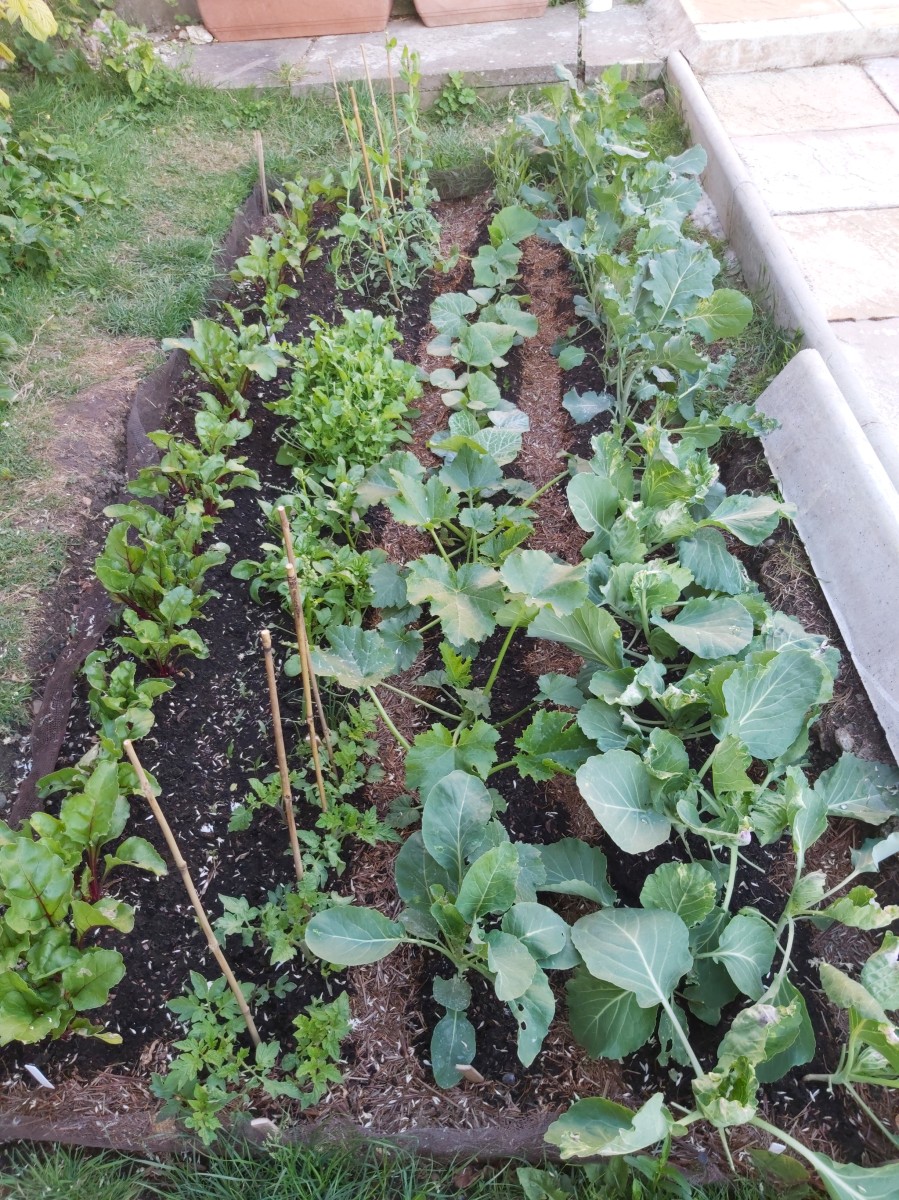“Nature always wears the colors of the spirit.” Ralph Waldo Emerson
A rotary application of oneself to a dedicated practice sheds lights and illuminates the heart in accordance with one’s values. Through centuries of oppression and exploitation of nature and ourselves, we have seen how the climate and ecological crisis has taken root; the mirroring of our iniquity presents a challenge to change the course of a destructive fate that leaves little to desire. When the country which claims brazenly to be ‘the land of the free’ sees an insurrection of its holier than thou democratic institution after a supposedly democratic election won by a Democrat, the irony is lost on many. Colonialism has festered in the muddy waters of privilege, asking for forgiveness to erode the guilt that has stained the affable and illustrious. Viewed in this political and historical context, our relationship with nature has run its course dry and the impact has taken its toll; mass migration and persistent natural disasters are on the horizon, let alone the wave of pandemics that has engulfed our planet since last year. A radical change has to be envisioned for us to not repeat the mistakes of old and learn from history to forfeit the eternal recurrence.
“You are not Atlas carrying the world on your shoulder. It is good to remember that the planet is carrying you.” Vandana Shiva
Learning to live with nature in a just and sustainable way is something that indigenous tribes and those historically marginalised in the global south have been doing for their lifetimes. Abetting the scientific and monetary advancements of the global north, these peoples have been able to survive through cultivation and preservation of their ecosystems and natural habitats. One particular system which speaks to this way of life is Permaculture, which was developed by two Australians in the 1970s after being in close contact with the Aborigines who lived in a simple and humble way with their environment. Permaculture encapsulated three primary ethics with twelve principles focusing on the regeneration of the Earth, a sense of community and reciprocal practice with the land and people. I am currently involved in a land project looking to set up in Wales which is attempting to manifest these practices into a space where we can live and thrive as one. Furthermore, I have just completed an online Permaculture course by the name of ‘Designing for Resilience’; this title is representative of the pressing need to carry out our daily activities from travelling to eating to working in a way that is future-proof in a world of few certainties.
“”Focus in permaculture on learning from indigenous tribal cultures is based on the evidence that these cultures have existed in relative balance with their environment and survived far longer than any of our more recent experiments in civilisation.” David Holmgrem
An integrated system of being to be realised is closer to a religion than a design framework for gardening, but Permaculture straddles beyond these mere defined boundaries and makes us question what is it that we need in order to live healthier and happier lives in accordance with the biosphere. When I was designing a garden plot for the course, many variables were taken into account such as the direction of the wind, where the Sun would be at midday, elements of shade and light, companion planting and where to place plants in a way that feeds the micro-bacteria in the soil. Engineering a precise interaction of natural systems, spotting patterns and being careful to enrich the biodiversity rather than reduce it are all key characteristics of Permaculture. In this careful methodical practice of applying reasoning to something abstract, it links generatively to poetry. Knowing where our edges and margins lie so that we utilise it through zones of mediated interaction is key to presenting something as a whole rather than a sum of its parts. Rooting ourselves in radical self-love makes the journey to understanding ourselves lighter in the context of a society built on exploitation and harm. Systems of oppression have determined our trajectory, however unpicking these and bringing them to the surface through practices like Permaculture and Poetry makes it relatable and provides a strong foundation to build from.
“Systems do not maintain themselves; even our lack of intervention is an act of maintenance. Every structure in every society is upheld by the active and passive assistance of other human beings.” Sonya Renee Taylor
Capturing the ineffable and translating it into heartbeats of rhythm, metre and figurative language is something that poets have been doing ever since its inception. Working within the confines of structured verses, the mode of language being transmitted at the time, and a coherence that borrows from the integration found within Permaculture principles is something poets have to confide in and rebel against. After years of writing poetry and seeing how the form has changes over time to reflect the collective unconscious, I have noticed that nature-based poetry from the English Romantics of Blake and Shelley to Japanese Zen poets like Ryokan and Basho have fine-tuned my awareness of the landscapes within and around me. Building a fortitude of observations that are meditations on the state of being can enlist tremendous impacts on the sense of self; journeying with Shelley to Mont Blanc was a patriarchal conquest of nature on one hand as much as it was a humble reminder of the tumults that we are subject to on a daily basis. The perceptive resonances that poetry can feed and nurture in many souls is true to its art form: learning to love one another for who we are requires as much letting go as it does quiet attention to its purpose. Taking out the roots of belonging and planting new seeds that harbour dreams of a new vision are what we can be transported to when we harvest the fruits of being in the land of permaculture and poetry.
Take Out the Roots
Green weeds populating walkways
Let their hairs grow tangled and knotted
Eyebrows taciturn in dietary consumption
Floorboards walked on, clean and used
A recycled toothbrush put to greener use
Cleaning bristles that store dirt well
Planting wallflowers by a bedside
Taking out grass to rake in woodchip
An ancient restorative process heals
Mixing cartons with jelly and pie
Dark tunnels, for as far as you can see
The rabbit hole drowns out sound at large
Making us deaf to applause all around
The moon begs a question to be asked
Tilling the land, watching the birds grow
To Mercury’s relative orbit of its moon
Setting dead presidents alight by day
Candle wax dripping to spawn memory
A jugular creation patched up in seams
Bends a hand to accepting revolt involuntarily
Desiccate salt through porous fingers
Take out what’s unneeded,
And put in some of that good stuff!

